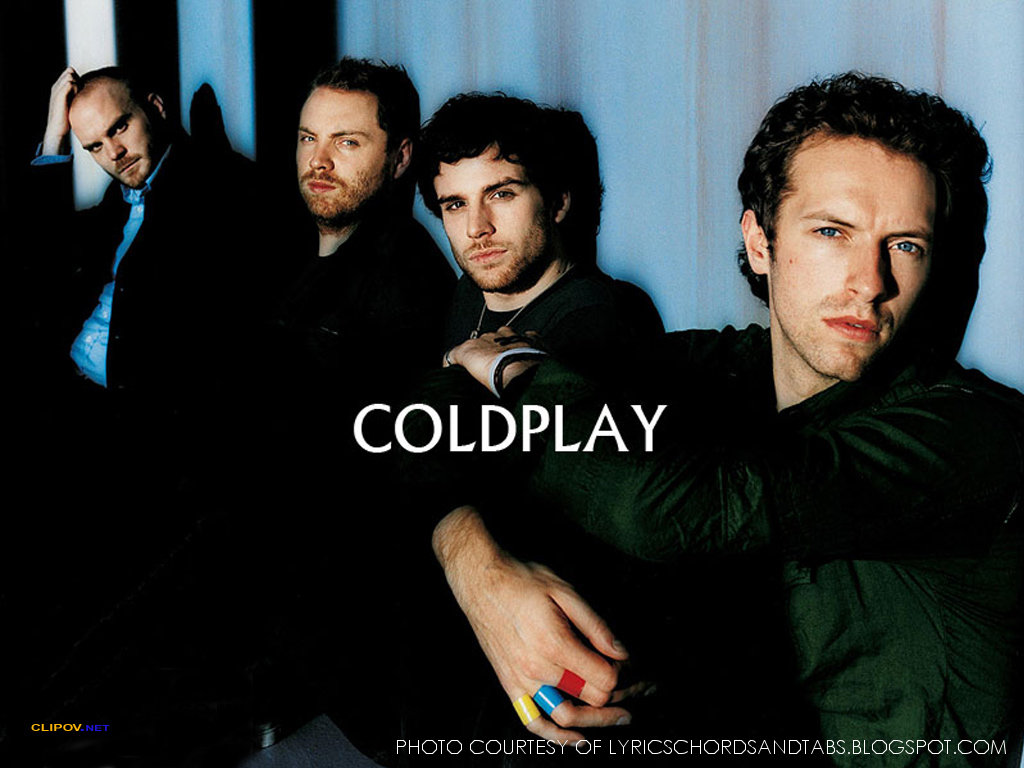
“Am I part of the cure?” sings Chris Martin, Coldplay lead singer, in the band’s 2002 hit song “Clocks” — “Or am I part of the disease?”
For over a decade, Coldplay has not only led alternative music on a new path but also, in a sense, been that “cure” for a pop-ridden music industry. Emotional, deeply-thought-out lyrics; violins, pianos and guitars meshed into an utterly indescribable collection of sounds — Coldplay has always done whatever they wanted to do, and their fans have always loved that.
Now, that refreshingly alternative style has dissolved into a slow, inevitable pop immersion. Last fall’s release of Mylo Xyloto exemplified just what Coldplay has become: a perplexing enigma of a band, quickly losing its soul and style to the addictive aura of radio hit mass production.
Indeed, a decade after he sang about it, Martin and Coldplay have become part of “the disease”. Mylo Xyloto, whatever that means, opened with a confusing and disorganized composition of synthetic, computer-generated sounds titled “Hurts like Heaven”. That discombobulated disaster aptly set the stage for the entire album, a 14-song collection that reeked of a desperation for popularity. Tacky, depth-lacking Billboard hit “Every Teardrop is a Waterfall”, Rihanna-starring lamentation “Princess of China”, screechy, Maroon 5-esque “Major Minus” and a plethora of others veered sharply and horrifically from the best parts of Coldplay music. Few of Mylo Xyloto’s songs were even worthy of iTunes’ $1.29 pricetag (upbeat anthem “Charlie Brown” and mellow revelation “Up in Flames” may be the only ones), much less on par with classic Coldplay staples “Viva la Vida”, “Fix You”, “Speed of Sound” and “Strawberry Swing”.
But Mylo Xyloto was released, and bashed by critics, over a year ago. For many devoted Coldplay fans, including myself, the disappointment has faded to a continued appreciation for alternative music — the genre Coldplay helped to evolve into the 21st century — and a handful of promising alternative bands (Shiny Toy Guns, Morning Parade and Yeasayer, among others) that have emerged in recent years.
That is, until The Script released their latest album, #3, earlier in October and the world came crashing down again.
The term “sellout” — a band that moves away from its roots and fanbase to become commercially profitable — has been used often over the years, but The Script may well have taken it to an entirely new level.
Lead singer Danny O’Donoghue attempts to alternate between rapping and singing in a number of tracks — including “Six Degrees of Separation”, “Broken Arrow” and “Good Ol’ Days” (a title that describes this band’s history well) — and it is, frankly, horrendous. If Coldplay’s Mylo Xyloto was a minor letdown, #3 deserves to be remembered as one of the biggest disasters in alternative music history.
Why have two well-established, unique bands potentially collapsed into the commercialism of pop? For the outsider, it’s hard to know for sure. Increased profits and attention, in addition to potential pressure from the two bands’ record labels (for Coldplay, EMI Records, and for The Script, Sony Music), may have played influential roles in their transitions. However, particularly in the case of Coldplay, the shift in style may have been driven more by curiosity than anything else. Their first four albums, while all fantastic, were remarkably similar; involving new technologies and themes in an attempt to conquer a new realm of music — the radio — could certainly have driven Martin’s band in a new direction.
For the moment, however, fans of the two bands must wait for future releases to see if Coldplay and The Script’s immersions into pop will be permanent. It all boils down to a battle between profits and loyalty, and, right now, profits seem to be winning in a landslide.

Leave a Reply